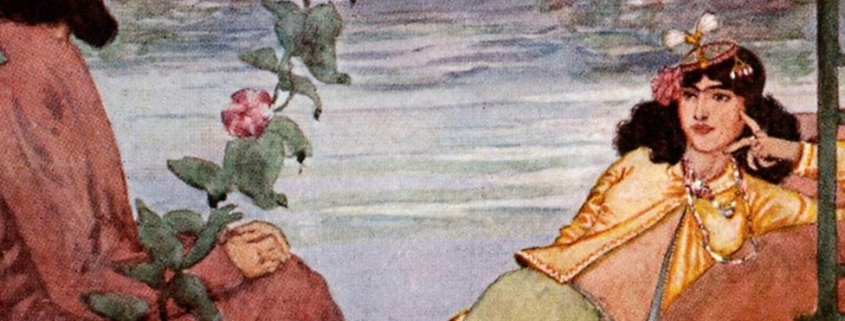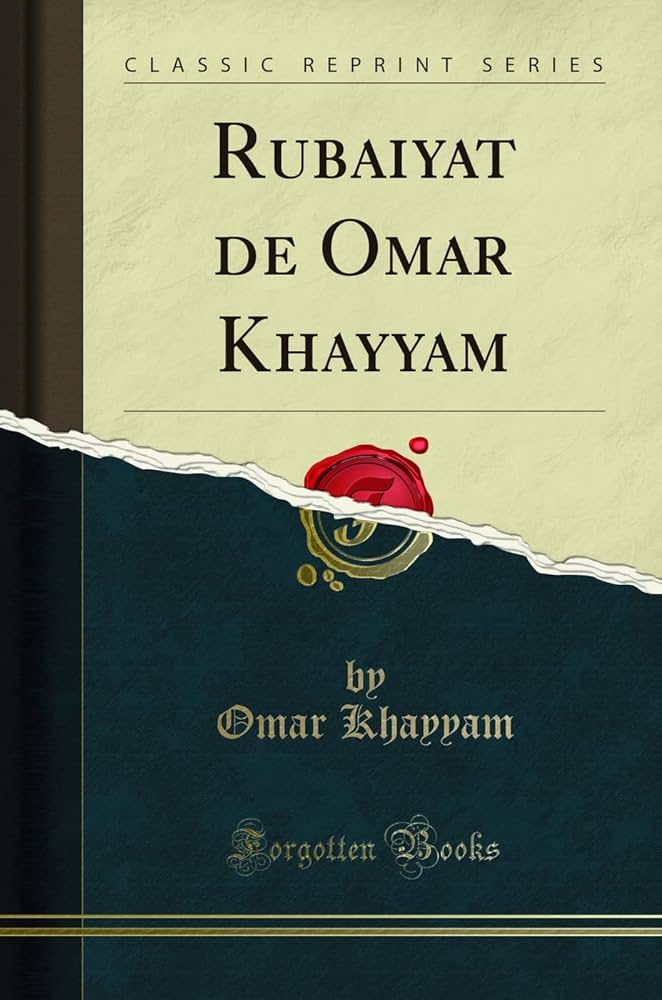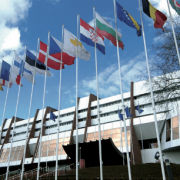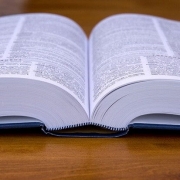Rubaiyat. Can a mathematician write poetry so timeless that it astonishes people a thousand years later?
Ten centuries ago, Persian astronomer Omar Khayyam wrote five hundred quatrains whose modernity and heterodoxy are still ahead of general understanding today. Love and enjoyment of life here and now, denouncing religious hypocrisy and the vanity of the powerful, expressed with a simple mind and an enlightened heart.
Humanity has not yet seen an author to match Omar Khayyam in hedonism and materialism. His vitalist scepticism, critical of prejudiced attitudes, speaks to us in each verse of the extraordinary excitement that life produces and the infinite melancholy to which the awareness of its finitude leads without back doors or imaginary paradises. His Rubaiyat –literally “quatrains”– are a must-read in the formation of any relativistic spirit and, nevertheless, they do not cease to treasure a certain spirituality based on the capacity to smile at the small and inconsequential destiny of human beings. Wine, love, nature and a retroactive idea of God coexist in all his poetry and encourage those who read it to be moved by the mystery of unanswered questions and by the vanity of the sanctimonious answers to universal questions.
Omar Khayyam is arguably one of history’s most exciting characters. Did you know that he created the X that the whole world uses to refer to the unknown in algebra? This Persian mathematician was the first to use the word shay (“something”) to refer to the unknown in equations. Through the Iberian Peninsula, this term was introduced in Europe, written in Castilian –xay– using its initial, the letter X.
Did you know that Omar Khayyam also created the most accurate solar calendar to ever exist? A thousand years ago he calculated the length of a year with a margin of error of one year every 3,770 years, whereas the Gregorian calendar, which came into use from 1572 onwards, produces an error every 3,330 years.
Did you know that in 1970 one of the craters on the Moon was named after Omar Khayyam?
The Rubayyat have been translated into more than a hundred languages, but were not rediscovered until the 19th century. Its first translator from Persian was the English writer and Hispanist Edward Fitzgerald, in 1859. These verses and their author, Omar Khayyam, are the protagonists of one of the most famous novels by the contemporary French-Lebanese novelist Amin Maalouf: Samarkand.
“Who reads ten centuries of history and doesn’t close it when they see the same things with a different date?”
León Felipe
Read books: use the master key that opens every door
For as long as the world has existed and people have inhabited and travelled it, basically the same things have always happened, one generation after another. Since ancient times, books have been telling stories with their unhurried voice. Literature is the sharp and infallible microscope invented by human beings to look at themselves in the mirror of their conscience without being able to look away. The kaleidoscopic truth of literature hypnotises like an abyss and liberates like someone growing wings. Do you want to learn more? Read books. Do you hope to understand current affairs beyond their superficial disguise? Read books. Do you feel like a puppet in the gullible and indistinct daily crowd? Read books.









Leave a Reply
Want to join the discussion?Feel free to contribute!